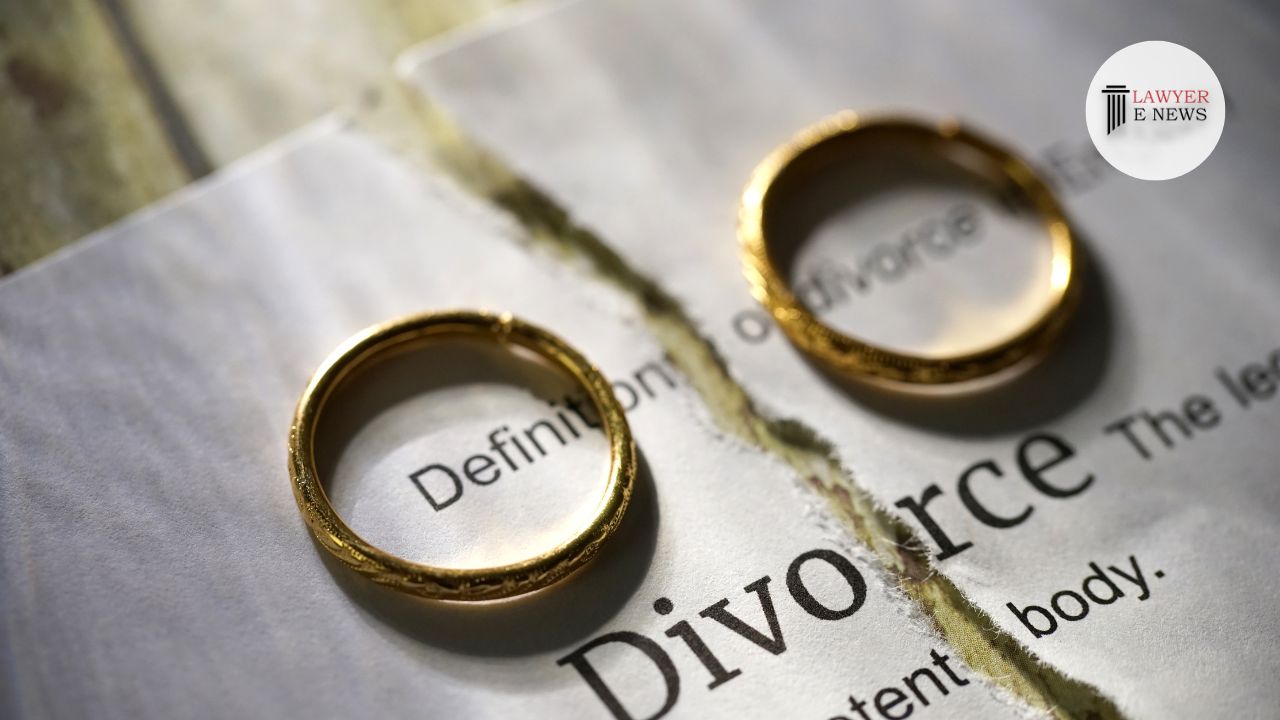-
by Admin
15 February 2026 5:35 AM



The Allahabad High Court, sitting at Lucknow, has granted a divorce in the case of Apoorva Gupta vs. Vandana Gupta, overturning a previous judgment by the Family Court, Hardoi. The court recognized that the decade-long separation between the couple, combined with the mental agony it caused, amounted to "mental cruelty," justifying the dissolution of their marriage. The judgment, delivered on August 30, 2024, underscores the significance of prolonged separation as a ground for divorce under the Hindu Marriage Act, 1955.
Apoorva Gupta and Vandana Gupta were married on April 14, 2012. The couple’s relationship faced significant challenges, leading to multiple legal disputes. Vandana filed a complaint against Apoorva and his family under various sections of the IPC and Dowry Prohibition Act in 2013, from which they were acquitted in 2014. Despite attempts at reconciliation, Vandana left Apoorva's house on May 9, 2014, and the two have lived separately since then.
Apoorva filed for divorce on grounds of cruelty and desertion, but the Family Court dismissed his plea in February 2022, leading to this appeal.
The High Court critically examined the couple’s prolonged separation and its impact. It emphasized that while minor disputes in a marriage do not constitute cruelty, the circumstances of this case—where the parties had lived apart for over a decade—clearly met the threshold for mental cruelty.
The court noted that the prolonged separation caused significant mental pain and suffering, making it impossible for the parties to continue their marital relationship. Citing the Supreme Court's precedent in Rakesh Raman v. Kavita (2023), the bench reiterated that mental cruelty can manifest through sustained emotional distress, even without physical abuse.
"The long period of continuous separation of a decade establishes that the matrimonial bond is beyond repair," the court observed, adding that the marriage had become a legal fiction, devoid of any real emotional or physical connection.
The court also addressed the issue of desertion, citing the Supreme Court’s ruling in Debananda Tamuli v. Kakumoni Kataky (2022). It found that Vandana's decision to leave Apoorva in 2014 and her lack of interest in resuming the marriage indicated a clear intention to abandon the marital relationship. The court ruled that this constituted desertion, further justifying the divorce.
The High Court underscored that under Section 13 of the Hindu Marriage Act, cruelty and desertion are valid grounds for divorce. It reasoned that the decade-long separation coupled with Vandana's refusal to contest the appeal demonstrated a breakdown of the marriage, both legally and emotionally. The Family Court’s earlier dismissal of the divorce petition was deemed unsustainable in law.
"The prolonged separation of the parties, leading to a decade of mental agony, falls within the broad parameters of mental cruelty, making the marriage beyond repair," the judgment reads. It further adds, "By refusing to sever the marital tie, the Family Court failed to recognize the emotional and psychological toll that prolonged separation has inflicted on both parties."
The Allahabad High Court's ruling in Apoorva Gupta vs. Vandana Gupta sets a significant precedent in matrimonial law, particularly regarding the recognition of prolonged separation as a form of mental cruelty. This judgment reaffirms the judiciary’s commitment to acknowledging the emotional realities of marital breakdowns, emphasizing that the sanctity of marriage should not override the mental well-being of the parties involved.
Date of Decision: August 30, 2024
XXX Vs. XXX
